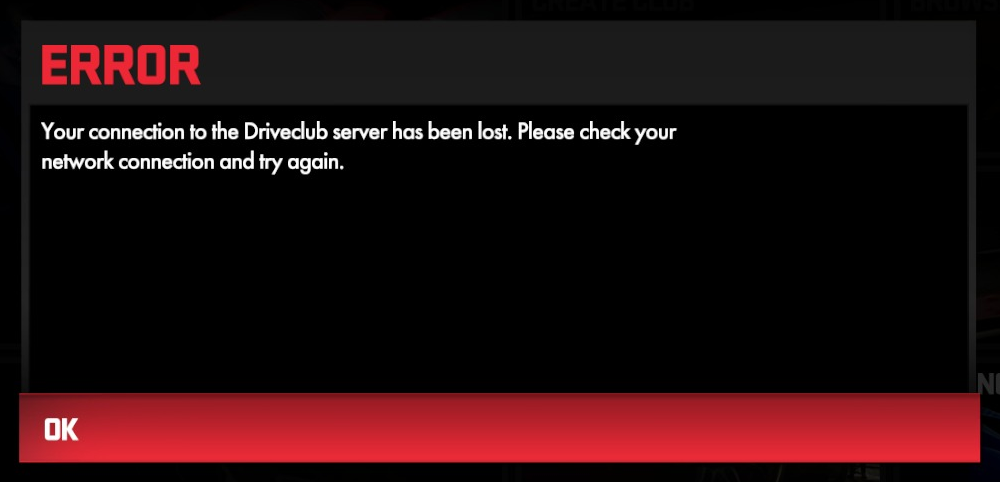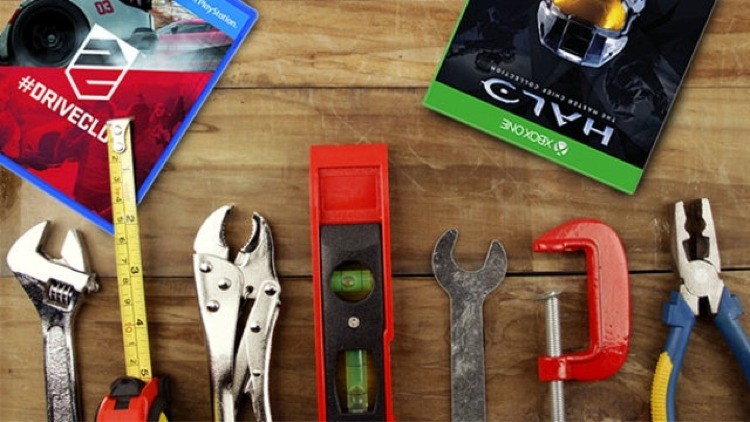
I get that making games is hard. That publishers force deadlines on teams, that accounting for millions of players is rough work, that a myriad of technical complexities mean completely eradicating bugs is an impossible task.
As a paying customer, though, I just don't care anymore. Why? Because right now, the blockbuster video game industry is taking more than it's giving back.
Look at this year's big holiday releases. Assassin's Creed Unity has issues both hilarious and problematic. Call of Duty: Advanced Warfare has only just become playable on PC. The multiplayer portion of Halo's Master Chief Collection isn't working. And that's before you take into account Sony's Driveclub, a game that was broken for weeks.

For all these games - indeed, for most games these days - fans are harangued from the moment of their announcement. Preorder, preorder, preorder. Publishers want your money before the game is even out yet, before you've played it, before you even know if it's any good or not (reminder: don't preoder video games).
That's asking a lot of the consumer! It's asking for a commitment of up to $60, which for most folks isn't spare change. But it's also asking for trust. Publishers are saying "Give us your money now, and eventually, you'll get a game that was worth it".
The state these major games are launching in is not worth that trust. In some cases, it's an annoyance (I feel like Unity's bugs are being blown out of proportion, PC woes excepted), but in others, like Driveclub and Halo, they severely impact your ability to even play a game, let alone enjoy it.

Most of the time, those bugs are eventually ironed out. If it only takes a day or two, that's fine, like I said above, accounting for millions of players must be hard work. But I'm getting less comfortable using that seeming inevitability as an excuse for lingering performance woes (especially on console), or longer interruptions.
For one, it doesn't sit right that companies can spend millions of dollars on advertising but not find the cash for more/better testing (or to miss a holiday deadline). A simplistic point of view, maybe, but I'm a simple guy. Money is money, and it's spent wherever a publisher thinks it's of most use to them.
There's also the matter of timing. When I buy a game in November, I want to play it in November! If it's not working properly until December, well, I might be doing other things then! I might have other games I want to play. I might just have other things going on in my life that I had to do, because I thought I'd be playing that game I wanted to play in November, when I bought it, not December or January, when it was fixed.
If a car, or DVD, or rice-cooker, or phone, or basically anything else launched with significant parts not working, or not working as well as advertised, it'd be slammed. People would demand their money back, and they would get it, because there is an expectation that when you pay money for something, it works.
Games don't work like that. They often launch kinda-working, kinda-busted, and instead of making use of our rights as consumers we've grown accustomed to simply putting up with it. That's admirable in a perverse way, because we love them so damn much, but it's also a problem, because companies know that so long as you keep buying games that don't work at launch, they can keep getting away with releasing them.
You could say that the current slate of 2014 games, and their respective woes, is just bad luck, or bad timing. Each game has its own developers, its own timetable and its own problems, so it might be unfair to tar them all with the same brush. If a few games launched busted, that might be the case! But when nearly every game hits shelves with something broken or missing, it has to be seen as part of a wider trend.
One that needs to be addressed. By publishers, yes, but also by you, the consumer. Instead of blindly preordering a game, try waiting. Let it launch, see if there are any server problems or missing features or broken components. If there are, either wait or move on. If there aren't, you're all clear. Buy the game and enjoy it, just like you should be able to every time you part with your hard-earned money.
